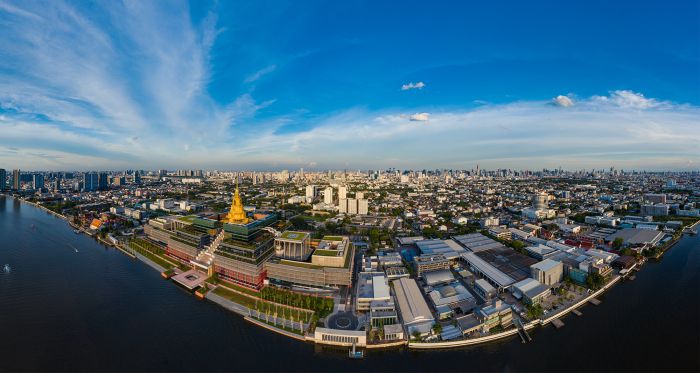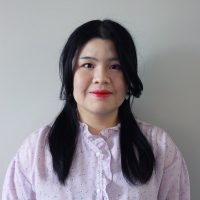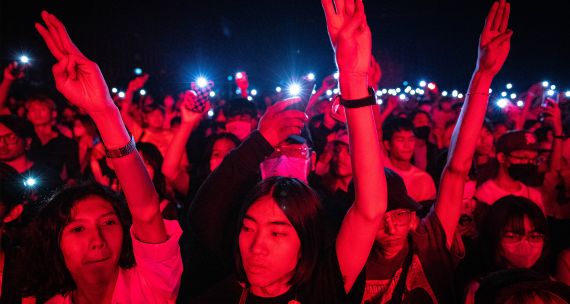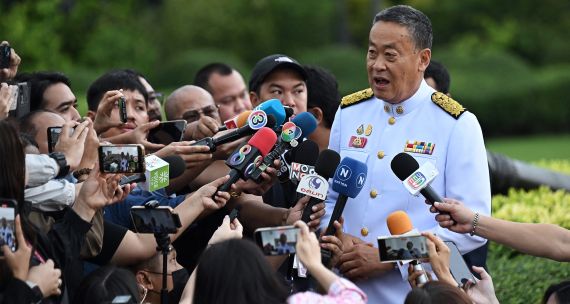“In the midst of hopelessness and the deterioration of people’s faith in politics and government . . . let’s help each other affirm that the supreme power of this country belongs to the people.” That was the statement Pita Limjaroenrat, leader of Thailand’s Move Forward Party (MFP), issued on August 22 in response to real estate tycoon Srettha Thavisin of the Pheu Thai Party being elected as the country’s next prime minister.
In May, the MFP won Thailand’s general elections with a shocking 14.2 million out of 52.3 million votes. The party ran candidates who were outside of the political elite, promised to transition from military conscription to voluntary enlistment, and vowed to decentralize the government budget. Although these and other progressive policies were mostly supported by young urban voters, the MFP’s successes in the northern Pheu Thai Party strongholds and the traditionally conservative districts of the south were unprecedented. With the MFP sweeping all but one seat in the nation’s capital of Bangkok, the incumbent pro-military and pro-royalist parties’ electoral performances were comparatively lacklustre.
Yet the junta’s control over power remains steadfast, and Pita’s efforts to become prime minister were repeatedly undermined by the country’s political establishment. In the immediate aftermath of its election victory, the MFP led the formation of an eight-party coalition with pro-democratic parties such as Pheu Thai. After Pita fell short of the 375 votes required to become prime minister, the MFP’s involvement in the coalition ended in August, when Pheu Thai began courting conservative backers. Ultimately, Thavisin’s victory was made possible through an alliance with military-linked parties such as Palang Pracharath and United Thai Nation — the very same forces that, ironically, ousted a Pheu Thai-led government in a 2014 coup. As for the MFP, Pita continues to be barred from serving as a lawmaker over his ownership of shares in a now-defunct media company. The ongoing case represents the same criminal charges that the country’s Election Commission brought against Pita’s predecessor, Future Forward Party’s (FFP) Thanathorn Juangroongruangkit, to disqualify him as a Member of Parliament in 2019.
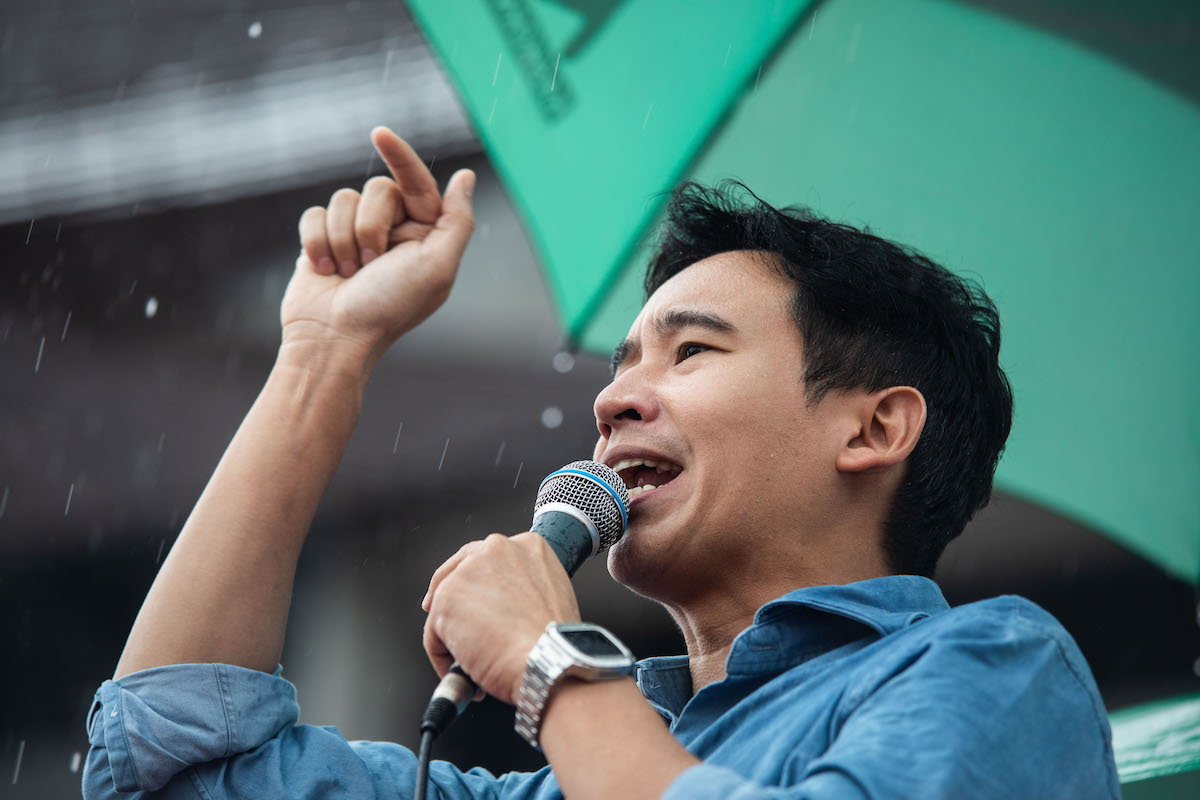
At the same time, one of the MFP’s most explosive promises — the reform of Thailand’s lèse-majesté laws under Article 112 — may not be so easy to extinguish. Since 2020, at least 185 adults and 16 minors have been criminally charged under these laws for criticizing the royal family. On one hand, the political landscape remains hostile for young Thais, who face arrest and police crackdowns for voicing discontent against military-monarchical rule. On the other hand, these challenges are giving rise to new opportunities for youth disillusioned by their political system to mobilize democratically. This tension over demands for monarchical reform illustrates the stakes at hand amongst youth, especially over the direction and mobilization of the pro-democracy movement.
Bloom or bust? The flowering and withering student movements
Thai student protest movements have experienced both success and struggle over the past century (see: Timeline). However, 2020 marked one of the most widespread movements in Thai history, when students linked demands for monarchical reform to the expansion of democratic space. In February of that year, the FFP was controversially dissolved by a constitutional court ruling, which banned its leadership from re-entering politics for 10 years. In response, students organized flash mobs on more than 50 university campuses across 27 provinces, using social media platforms such as Twitter and Telegram to organize protests. In April 2020, hashtags such as the #MilkTeaAlliance hashtag were created to circulate art in solidarity, attract protest demonstrators, and seek mutual support with other pro-democracy movements in Taiwan and Hong Kong, with network activity eventually branching out to India and Myanmar. Criticisms of the government’s treatment of citizens and lèse-majesté laws re-emerged in July 2020, after Wanchalearm Satsaksit, a Thai dissident who advocated for LGBTQ+ rights and operated a satirical Facebook page, disappeared under mysterious circumstances while in exile in Cambodia.
Youth support for the FFP (and eventually the MFP) was not based on a single issue, but rather encompassed a range of societal problems in the hopes of national transformation. The embrace of democratic reform expanded participation in the 2020 protests to high school students, artists, queer activists, and labour unions. In addition to frustrations over economic inequality and unemployment vis-a-vis the large allocation of government funds to the royal family, protesters also voiced grievances against disciplinary violence in schools, conservative pushback against legalizing same-sex unions, and draconian online surveillance campaigns seeking to restrict anti-regime sentiment. For Gen Z voters, who have experienced a lifetime of political instability due to two military coups in the past 13 years, mass protests functioned as a key strategy to engage in nonviolent activism and demand broader structural changes in Thai society.
Milk tea loses steam
At the forefront of the 2020 movement were youth subcultures. These included protest hashtags such as #LetsRunHamtaro, which used the popular Japanese cartoon franchise to satirize political corruption. Music videos were also uploaded to YouTube criticizing the government by hip-hop groups such as Rap Against Dictatorship, and youth created Hogwarts-themed rallies in frustration over how criticisms against the monarchy “Must-Not-Be-Named.” However, online protest presence became more cautious following the increasing arrests of high-profile activists, with attempts to channel amorphous grassroots demands into formal channels such as voting and elections. COVID-19 restrictions and rising reports of police brutality also effectively curtailed the 2020 student demonstrations. For example, the government used emergency pandemic measures from March 2020 to September 2022 and laws such as the Public Assembly Act as pretexts to restrict civic assembly and target political dissidents.
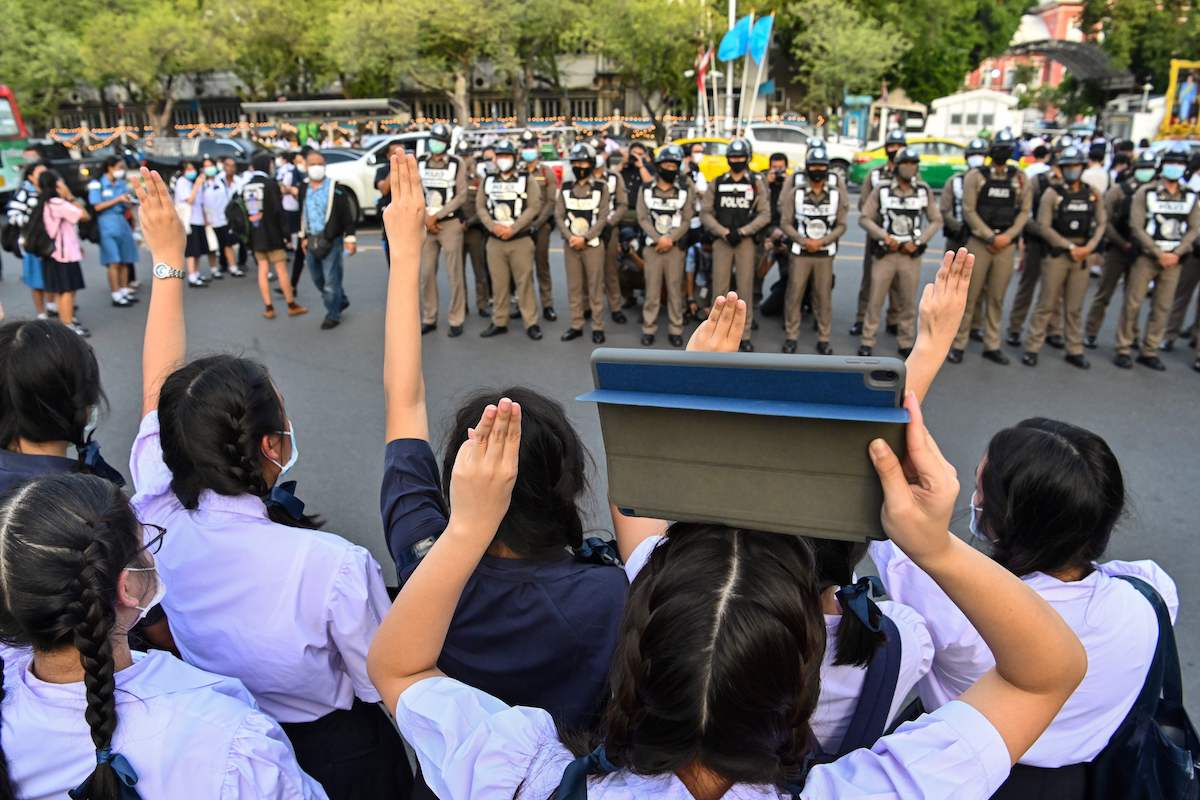
In addition to pro-royalist parties courting young voters by teaching their candidates effective social media campaigns, the military government is also rebranding itself through engagement with progressive interests. For example, the Thai cabinet simultaneously approved the MFP-proposed 2022 marriage equality bill that removes references to sex or gender in marriage, even while the Prayut Chan-o-Cha administration cracked down on marginalized groups such as sex workers out of a belief that it would improve the country’s image. Friendliness towards LGBTQ+ rights and youth interests are increasingly deployed by the military regime to not only bolster the country’s tourism and economic priorities but also to maintain political and commercial support for the junta.
A Century of Youth Political Movements in Thailand:
| 1930s |
|
| 1940s |
|
| 1950s |
|
| 1960s |
|
| 1970s |
|
| 1980s |
|
| 1990s |
|
| 2000s |
|
| 2010s |
|
| 2020s |
|
Uncertainty also surrounds the court cases of student activists who participated in the 2020 protest movements. In January 2023, two young protesters from the underground anti-monarchy group Thaluwang (Shattering the Palace), launched a hunger strike from prison to demand the release of all political prisoners. The women were originally sentenced for criticizing the monarchy after creating public opinion polls and performance art pieces on the inconvenience of royal motorcades. Currently, student movement leaders who won seats with the MFP this year are also still facing legal challenges, with Chonthicha Jangrew charged with criminal offences such as sedition, and Piyarat Chongthep being found guilty of illegal assembly.
Not your favourite uncle
The young elites at the helm of Thailand’s pro-democracy parties must navigate differences of opinion over the leadership of the progressive movement. Thailand’s cabinet is currently dominated by male politicians in their late 50s and 60s — in comparison to the average age of 44 for MFP candidates — meaning ongoing debates occur between the young and the old guard over key platform policies and the extent to which platforms should adopt more radical positions. In February, former constitutional law professor and secretary-general of the FFP, Piyabutr Saengkanokkul, aired numerous frustrations on Facebook against Pita’s vision for the party. Although the two sides publicly reconciled, other disagreements include the resignation of former FFP co-founder Chris Potranandana over what he alleged were undemocratic internal party processes. Pressures over leadership are high as young candidates seeking to retire the country’s ‘uncles’ negotiate with the aggressiveness of their political stances.
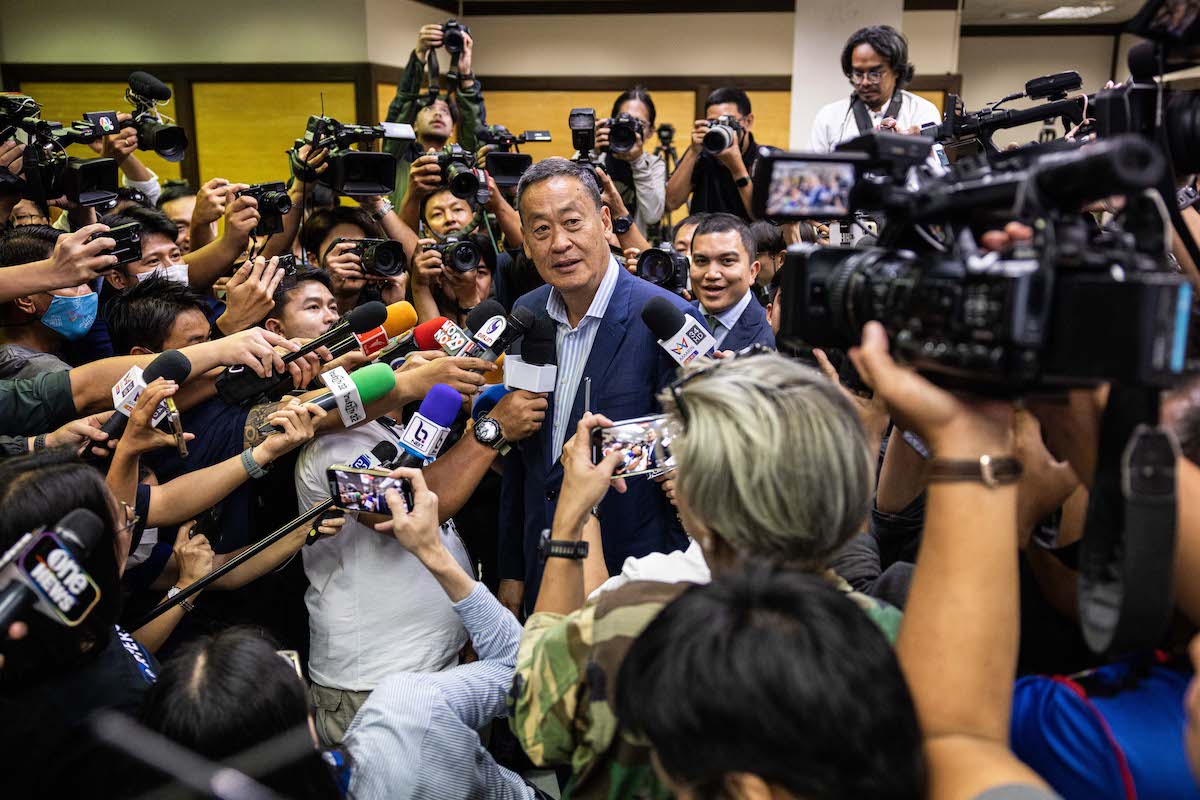
These rifts also demonstrate how the role of the monarchy remains one of the most controversial topics in Thailand. Since his ascension in 2016, King Maha Vajiralongkorn’s scandals include the transfer of billions of dollars from the royal wealth portfolio to his personal control, bringing two key army units under his direct command, and tax problems for residing primarily outside the country (in Germany). However, monarchical reform is a polarizing issue. On one hand, the military continues using the Computer-Related Crime Act for online surveillance and disinformation campaigns to punish palace critics, whereas youth see a more open discussion of monarchical reform as an opportunity for expanding civic space.
On the other hand, however, Thai national identity still rests heavily on the inviolable status of the monarchy. Despite the royal family’s apolitical image, the king also functions as a panacea for political crises and a benchmark for acceptable political preferences — with one example being when King Bhumibol directly intervened after the bloodshed of the 1973 uprising. This tension over the reform movement can be seen not only in the MFP’s gradual softening of its previous stance on amending Article 112, but also in a new petition asking the Constitutional Court to determine whether the party’s promises to amend lèse-majesté laws constitute an attempt to overthrow the monarchy.
Youth is not wasted on the young
Although the MFP’s ambitious stances on social issues drew nationwide support in the recent election, its power to advance those issues is tempered by the military’s dominance over political institutions. The military is likely aware that it is unable to win elections strictly through the popular vote, and Pheu Thai’s willingness to co-operate with military parties — even at risk to its own reputation as a champion of pro-democratic values — suggests that conservative voices are experimenting with new ways of power-sharing. Sretta Thavisin also expressed firm opposition to any changes in the lèse-majesté laws during his campaign, emphasizing that “this matter must stop,” and that he will focus instead on issues such as economic stimulus policies and the rising cost of living.
At the same time, the effects of youth protests in Thailand are multiplying. Regional spillovers include forms of hashtag activism adopted in Laos, activist gatherings against the 2020 anti-terror law in the Philippines, and the spread of the three-finger salute in rebellion against the 2021 coup in Myanmar. That young voters in Thailand are pushing the boundaries on how radical they can be illustrates a growing sense of popular discontent against the military and the monarchy. Indeed, the subsequent blocking of the MFP’s progress by Thai elites and pro-establishment forces demonstrates the difficulties young Thais will face, especially as they continue demanding their politicians create structural changes for a more robust democratic future. However, the voting blocs that feel alienated by Pheu Thai Party’s new coalition, as well as MFP’s commitment to rejecting pro-military parties, show that the progressive movement may also become more diverse and vibrant.
Despite attempts at snuffing out the fire, perhaps the bright orange flames of youth are preparing now to burn with greater fervour.
